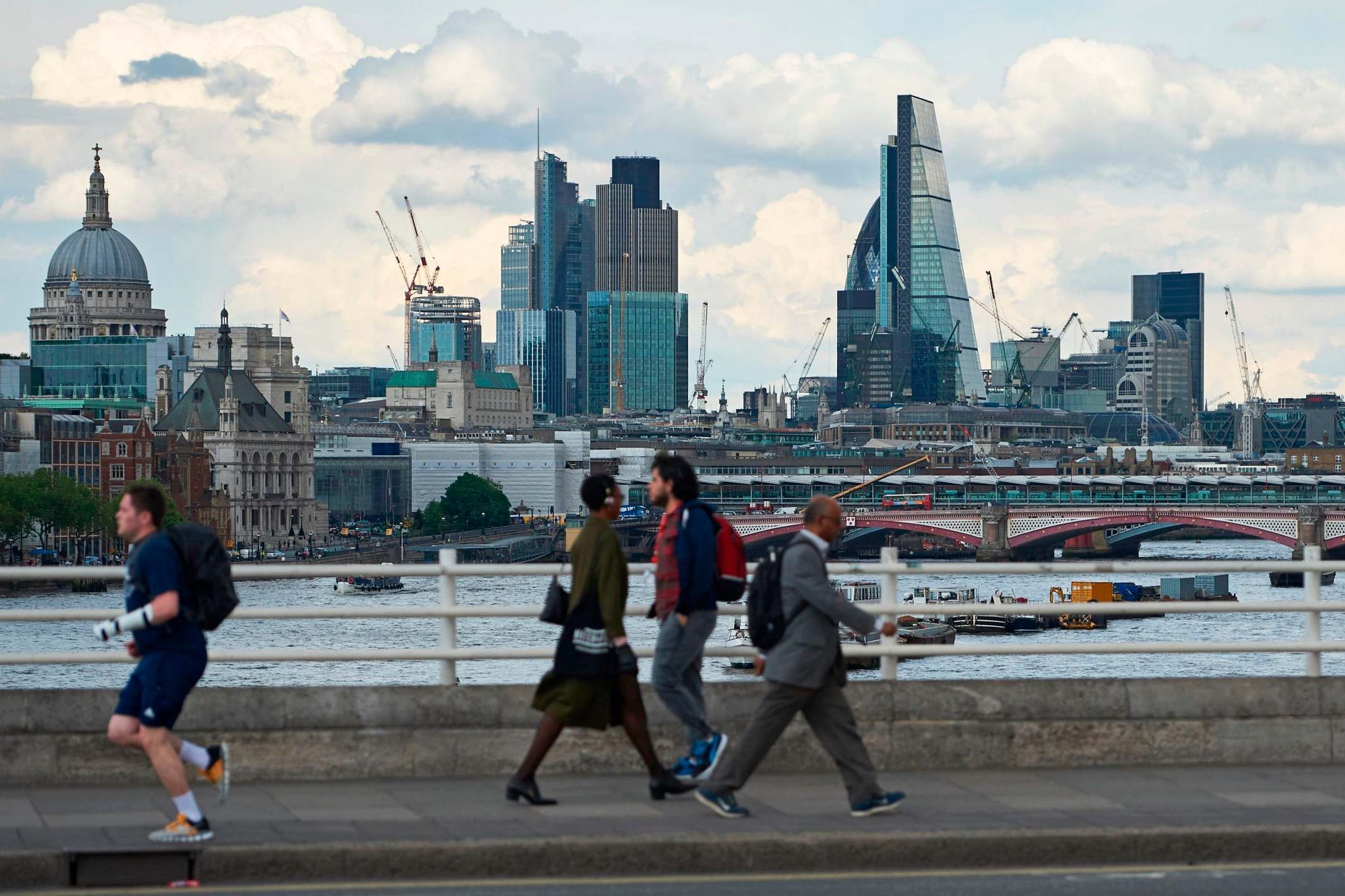100,000 young people lose out as universities use taxpayer money on courses for top executives
The number of young people under 25 starting apprenticeships has plummeted by more than 100,000

Use of taxpayers’ money to part-fund MBA courses for top executives earning six-figure salaries is widespread with more than half a dozen universities offering the option on their website, an investigation by The Independent can reveal.
We can also put a number on the fall in people under 25 starting apprenticeships, which has plummeted by more than 100,000 – from 285,280 in 2015-16 to 183,850 in 2021-22.
Apprenticeship training providers that support young people at the start of their career reacted with dismay to our findings, calling it “utterly disheartening” that the apprenticeship levy should be “abused” at the expense of the young who need it most, and said the scheme is in need of a major overhaul.
The Independent reported how £100m of the levy has been used to subsidise high-flyers, many earning over £100,000 a year, get their masters of business administration, despite an attempt by the government to clamp down on this two years ago. We focused on two prestigious top 10 UK ranked business schools, Henley Business School and Cranfield Business School.
The Register of Apprenticeship Training Providers includes over 60 universities and today we can reveal that at least half a dozen of them offer executive MBAs “part-funded” by the levy on their websites. They include the University of Birmingham, Loughborough University, University of Portsmouth, Teesside University, Hult Ashridge Business School and University of Strathclyde Business School. Some explain how they have adapted their senior leadership apprenticeship plus MBA programme to fit government degree apprenticeship regulations, effectively gaming the system to “allow employers to utilise funding available from the government”.
The University of Birmingham offers a part-time “executive MBA level 7 apprenticeship” starting March and November and holds out the carrot to prospective candidates by saying “there will be no costs incurred by the learner” for the first part of the programme which is fully paid by the apprenticeship levy. A supplementary cost of £7,000 is charged for the final 60 MBA credits, to be funded by the employer or the individual. Their website makes clear they are targeting “leaders with global ambitions”.
Loughborough University makes a similar offer, boasting on their website that “the three-year Loughborough Executive MBA has been designed to also meet the requirements of the level 7 senior leadership apprenticeship” and that “this enables applicants and their employers to utilise the apprenticeship levy to partially fund the MBA programme”. They specify that £14,000 is funded through the levy with individuals paying in £9,600 – though scholarships are available to reduce the latter fee by up to 40 per cent.
At University of Strathclyde Business School, which has a top 10 ranking in the UK and where the average salary of candidates is £135,000 according to FT business school rankings, their MBA programme is delivered “in accordance with degree apprenticeship regulations”, allowing "employers to utilise funding available from the government”.
But groups that train apprentices at the other end of the age and experience spectrum said they were appalled by this use of the levy.
Duro Oye, chief executive of 2020 Change, a London group that focuses on training young black and minority ethnic apprentices under 25, said: “I am shocked by these recent statistics. It is wrong for the apprenticeship levy to be used to subsidise well-paid executives, especially since the number of young people under 25 benefitting from the levy is 100,000 less than six years ago. The whole point of the levy was to help young people into the workforce and tackle inequality and improve social mobility. Clearly the system is not achieving that. Something needs to be done.”
Diane Betts, CEO of young apprentice training provider City Gateway, said: “The fact that the levy is being used to subsidise well-paid executives get their MBAs is shocking and utterly disheartening. Alongside the 53 per cent fall in the number of level 2 apprenticeships since 2017 and the 36 per cent fall in the number of under 25 apprenticeship starts, this evidences a further widening of the gap between those who have and have not. It feels like the system is being abused and that those suffering are the people who the system was set up to support. We want to see tighter restrictions on how levy funding is ring-fenced with more emphasis on lower-level entry apprenticeships.”
Jane Hickie, chief executive for the Association of Employment and Learning Providers, which represents around 800 organisations, said: “We know the best skills systems around the world are employer-led, so it is important to retain an all-age, all-level apprenticeship system, but we should be doing more to encourage better take-up of apprenticeships at entry level and among young people. This means more government support in declining areas, for example through easier access to the apprenticeship system for smaller employers, targeted incentives and the availability of a full suite of level 2 apprenticeships.”
Join our commenting forum
Join thought-provoking conversations, follow other Independent readers and see their replies
Comments


Bookmark popover
Removed from bookmarks